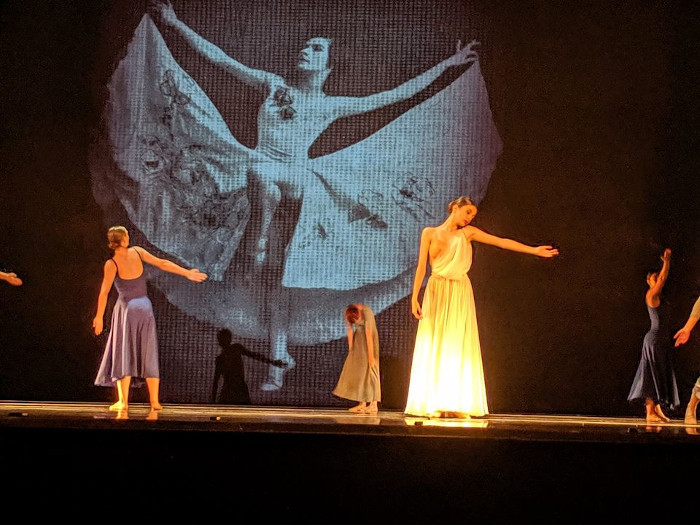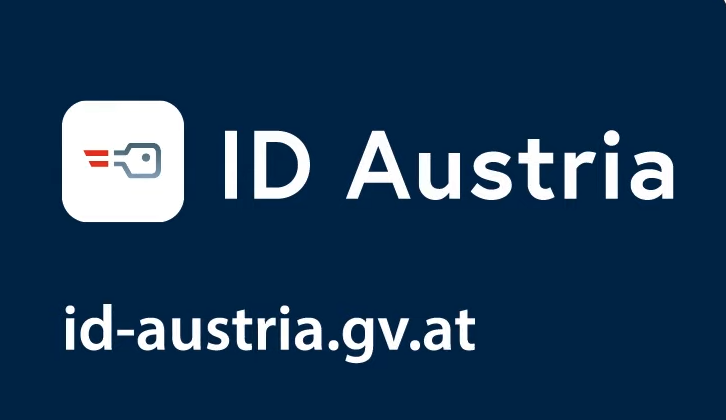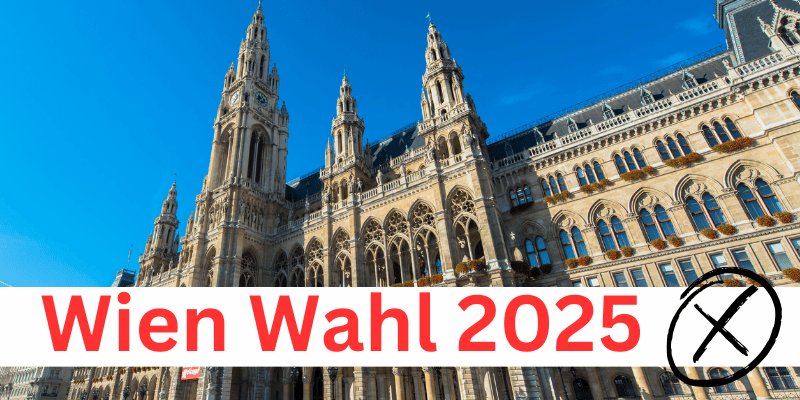“Teachers for SwanZ” in Romania, Bulgaria and Austria
“Teachers for SwanZ” – a chance for vocational education in Romania, Bulgaria and Austria
In ancient Greece, dance was one of the fundamental disciplines of education, being considered efficient for planting, maintaining and strengthening feelings of social solidarity. For this purpose, warrior dances (πυρρίχιος), peaceful (emeli) dances or for picking the vineyards (epilenic) were practiced etc. (Wikipedia). The idea that dance is an essential part of life and education, preserved even today, will be illustrated by the newest project of the Choreography High School “Floria Capsali” in Bucharest), which coordinates “Teachers for SwanZ“, a strategic partnership in the vocational field, co-funded by the Erasmus+ Program of the European Union.
The project, that will start on December 1st 2020 and will be implemented during the next two years, will involve teachers, students and trainers from the coordinating and partner institutions: the National School of Arts “Prof. Vesselin Stoyanov” in Ruse (Bulgaria) – http://www.artrousse.com/, the company “Attitude” in Vienna (Austria) – https://www.attitudestudios.at/ and the Hellenic Union of Romania – http://www.uniunea– elena.ro/, based in Bucharest. The idea of this project and the cooperation that will implement it started from an opposite context: on the one hand, professional dance schools prepare children for one of the most sensitive, responsible and beautiful professions and, on the other hand, in partner countries, at least, these schools are often neglected, operating with limited resources, in an increasingly technologized environment.
Welcoming the initiative, one of the greatest masters of world contemporary dance, the Romanian choreographer Gigi Căciuleanu, accepted from the beginning to be ambassador of this project.
“Teachers for SwanZ” aims at helping dance teachers to better understand their students – representatives of the Z Generation – and addresses them according to their needs, on the channels they use most often. Basically, the project team has set as targets for the next 24 months:
- to develop and update key competencies of the dance teachers from the partner institutions, in order to enhance the development of very high quality relationships with students, colleagues and parents;
- to facilitate a better understanding of traditional and contemporary dances in the partner countries from a technical point of view, the approach to teaching, symbolism, etc.;
- to include the cultural diversity of the countries involved in the project in order to create more educational-artistic tools/ methodologies;
- to update and improve the digital skills of dance teachers in partner institutions, in order to facilitate their access to IT tools.
The project involves mobility from one partner country to another, training sessions for dance teachers and other activities, which will materialize in the following tangible results:
- a training course for dance teachers / trainers to support them in developing both professional and communication skills, coaching and intercultural dialogue skills;
- a web learning platform – The Virtual Laboratory – where dance classes will be taught online and where exercises, shows, interviews, messages, opinions will be uploaded as video files;
- a mini-guide for non-dance teachers, which will have the role of supporting teachers who teach different subjects to introduce in their classes terminology, activities and exercises related to dance
Regarding non-tangible results, we expect project beneficiaries to be more motivated to learn, to be more open, to experiment and apply innovation, to better work in teams and to improve their performances.
Such a project has no chance of success if each country takes individual action, as there is little interest and limited possibilities for national systems to support dance as an element of general education. The transnational initiative will benefit from existing expertise, strategies and policies in the field of education and vocational training through dance, offering the possibility to test, pilot and explore a variety of methods and tools, at partnership level. All those interested in the region and in Europe will benefit from the working tools created by the project and from an example of good practice, Erasmus+ giving a wide visibility to the initiatives it supports.



